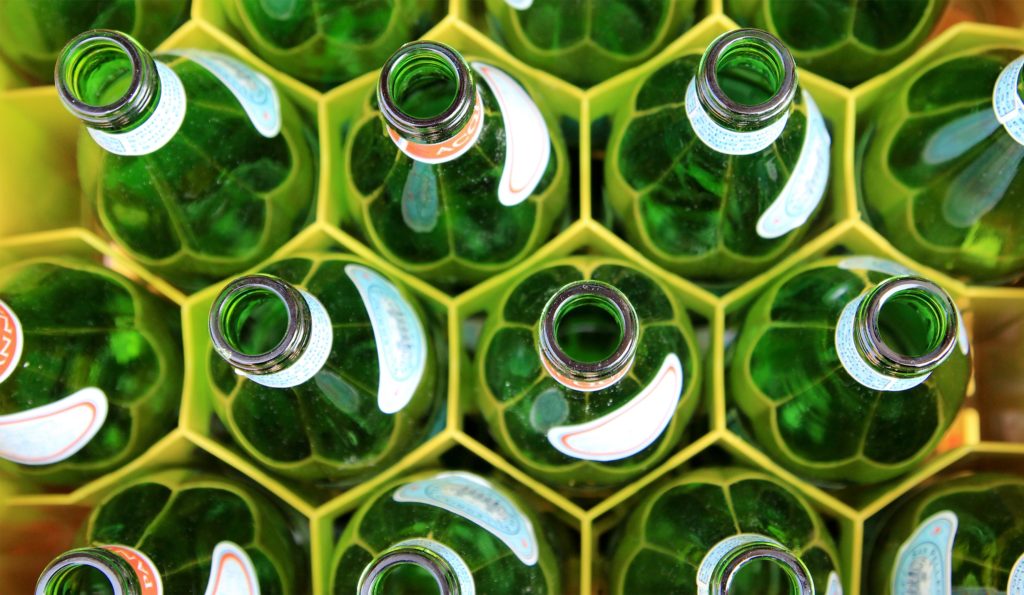Created last year, Global Recycling Day was made to celebrate the significance of preserving the world we live in and keep it secure for future generations to come.
By not only pushing recycling through each individual person but governments, businesses and communities around the world. This day marks a global importance recognition of a global issue that needs to be urgently tackled, with today’s theme being ‘Recycling into the future’ there is the question whether there can be such technology that can help us improve the way we treat our planet?
According to a government report published in 2018, recycling is on the rise. In 2017, the recycling rate across the UK was 45.2%, a huge boost since 2000 where this figure was only 11%, showing that attitudes towards recycling have definitely changed but is this enough? It’s encouraging to see the rate go up, but with so many single use plastics still being manufactured, recycling only seems like a basic step in the struggle for sustainability.
So you’re wondering, what initiatives have been put forward to push for change? Waste doesn’t just affect our land, but also our oceans, an issue that has become more prominent recently in the news. It is estimated that over five trillion pieces of plastic are currently littering the ocean, over half of which will not sink once it encounters the sea due to its density. This is where Boyan Slat comes in, a twenty four year old inventor and founder of the non profit organisation “The Ocean Cleanup”. Dubbed the “largest cleanup in history”, the project is currently focusing on the Great Pacific Garbage Patch, located between Hawaii and California and also the largest plastic accumulation zone in the ocean.
Their floating systems are designed to capture plastics ranging from small millimeter pieces, up to large debris which can be tens of meters wide. The system encompasses a 600 meter long floater at the surface of the water, attached to a 3 meter deep skirt underneath the water. “The floater provides buoyancy to the system and prevents plastic from flowing over it, while the skirt stops debris from escaping underneath.” (Source: The Ocean Cleanup). It works as the wind and waves propel the system, not the plastic, allowing the system to move faster than the plastic and capture it. Predictions show that if a fleet of approximately 60 systems are deployed, they could clean 50% of the Great Pacific Garbage Patch in just five years. Following this, the systems can be applied to the rest of the ocean, and “The Ocean Cleanup” are aiming to remove 90% of the oceans plastic by 2040.
It’s safe to say the future is looking a bit brighter for our oceans, but what about on dry land? Researchers working at IBM have recently developed a new recycling technology, enabling brand new plastics to be made out of dirty bottles. The process called VolCat was invented as an alternative to traditional recycling, and involves collecting plastic bottles, containers and other plastics, grinding them up and re-melts it in a pressure cooker set to above 200 degrees celsius. Lower quality plastics are the result of this process, which most brands are sceptical about using, but this recycling technology could be the future.
Hopefully everything will become recyclable in the near future and we can work together to ‘recycle into the future’.






